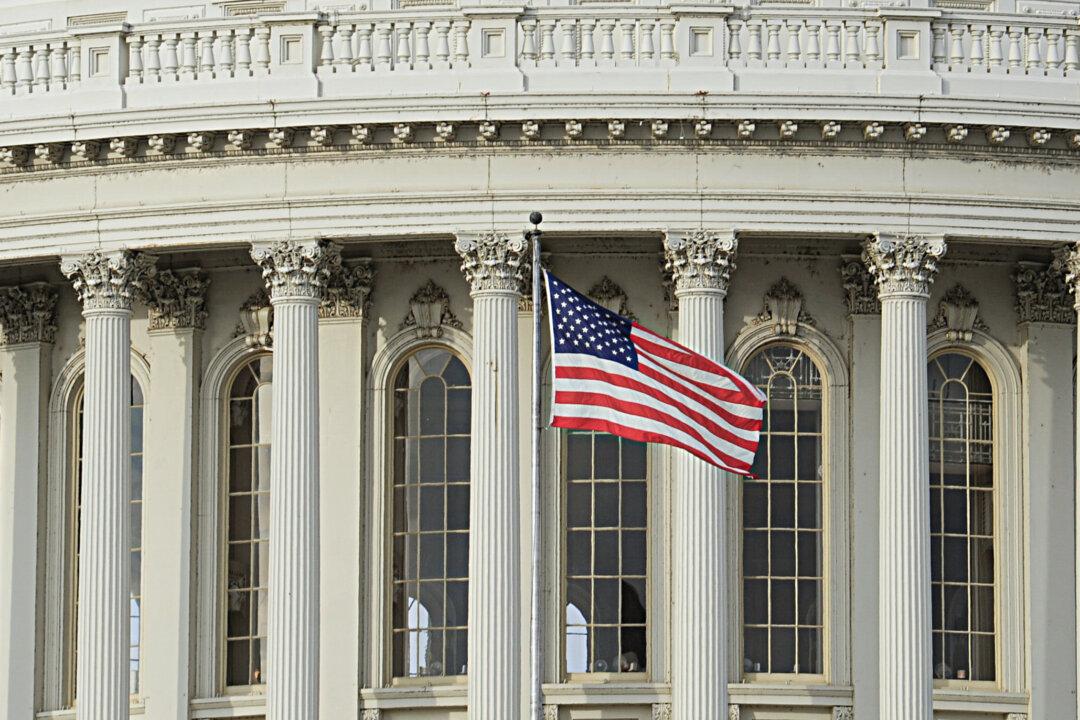Commentary
The current federal debt ceiling impasse is similar to a yearly ritual in our nation’s capital. The GOP-led House recently passed a bill that would raise the ceiling but would call for nearly $5 trillion in spending cuts over the next decade.





